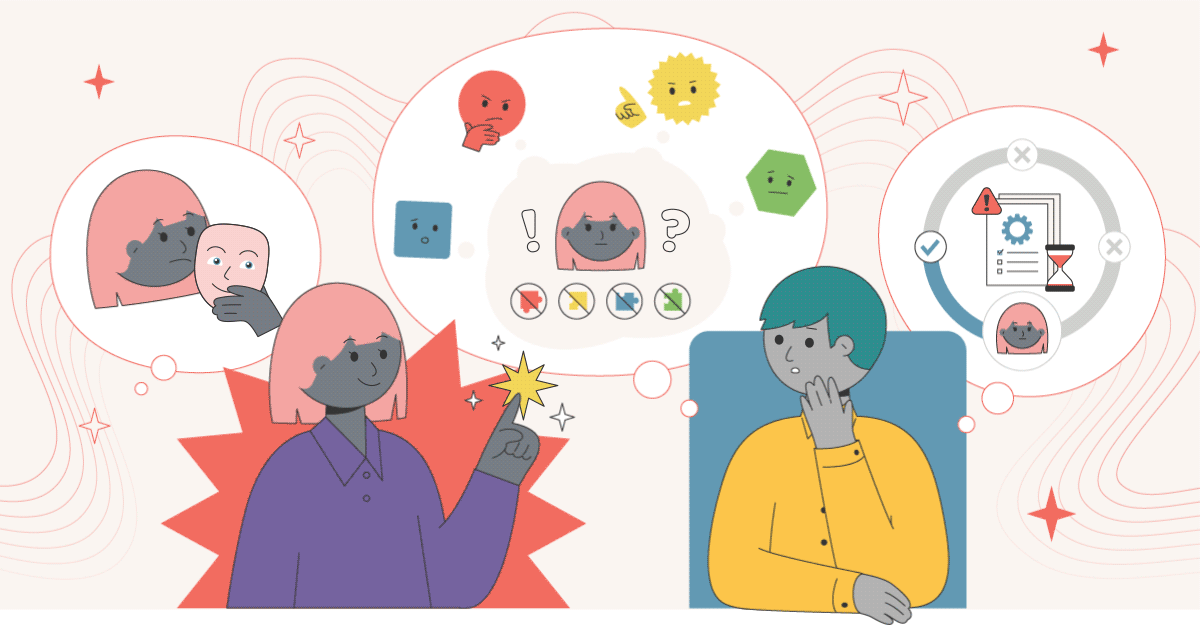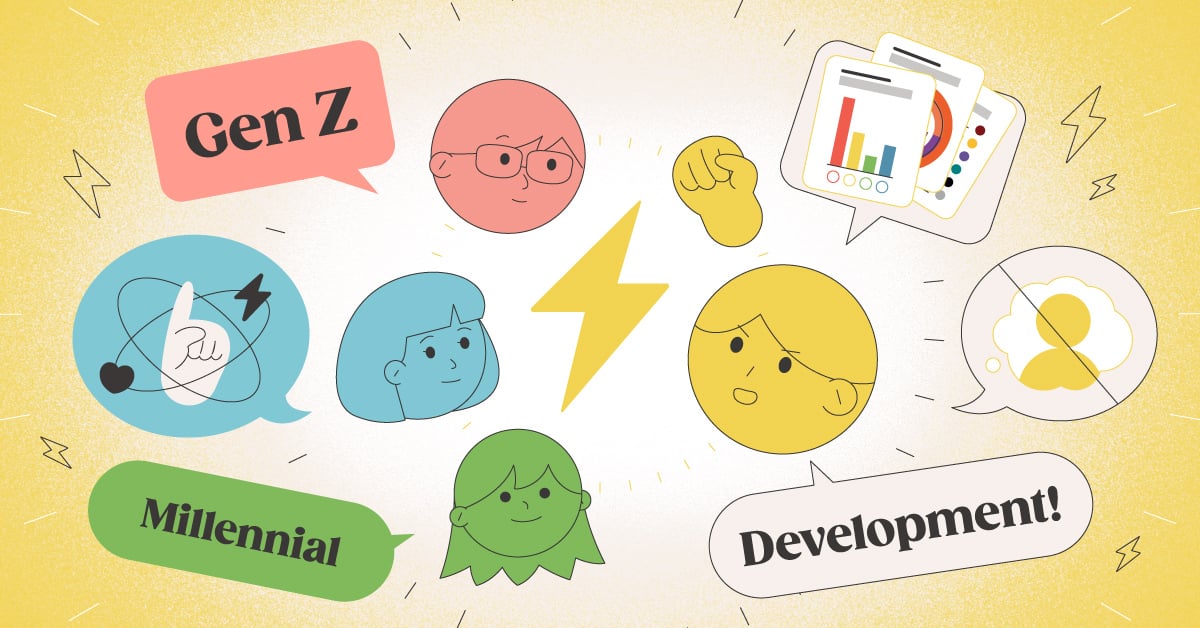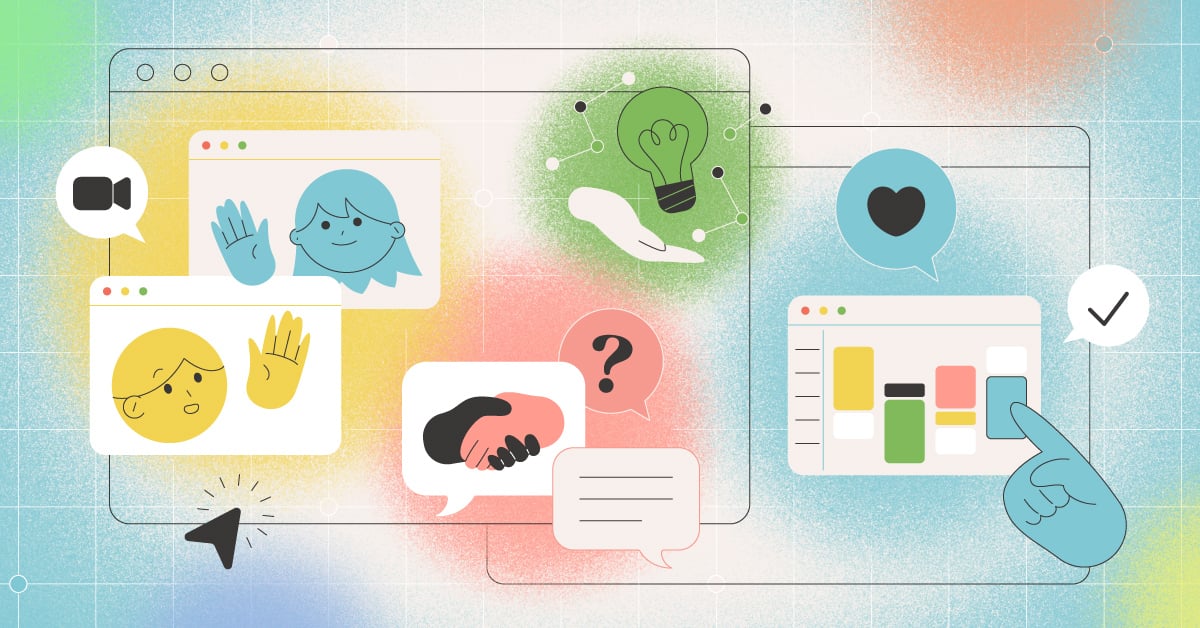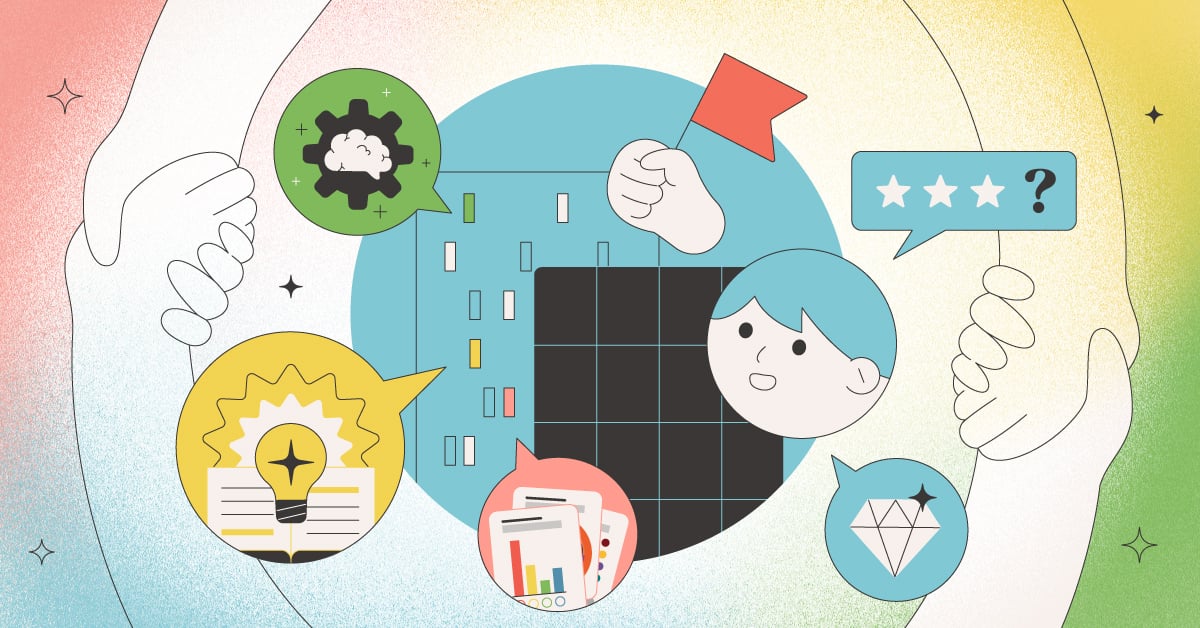
You’ve likely heard about “personality hires”; the coworker who makes everyone laugh and improves the group mood but might not have a lot of practical experience relevant to their role.
Are workplaces actually doing this? Is a personality hire a burden to their teammates? How does self-identifying as a personality hire affect your reputation in the workplace?
We’re here to answer these questions and shed light on the importance of competence in the recruitment process.
How Does Personality Affect The Recruitment Process?
Fast Company reports that, “70% of employers consider a candidate’s personality to be among the top three factors in deciding whether to extend a job offer. It’s substantially more important than education (18%) or appearance (7%).”
That’s not a number you can ignore! Regardless of whether it’s best practice or not, a candidate’s personality vastly contributes to their success in most interviews.
However, the closer you examine the concept of personality, the more confusing it can become. For example, the interview process favors outgoing people with the ability to self-promote and connect with others.
Not everyone is skilled at doing that and those skills might not ultimately be needed for the job, but a less technically talented candidate will likely be chosen if they can bring high energy and enthusiasm to an interview.
Are Personality Hires A Mistake?
Having a great conversation in an interview shouldn’t be discounted, but your recruitment strategy shouldn’t be driven by big personalities at the expense of skills.
Hiring someone solely for their personality presented during the interview process is a mistake. Here’s why:
Personality Hires Might Be Insincere
Someone might have great interview skills that don’t translate to their everyday behavior. People tend to put on an act while interviewing, even if they don’t intend to, since the high-pressure environment can lead to exaggerated characteristics and a higher emphasis on speaking and selling skills.
You don’t know a person during the interview process; you know a very specific version of them. Basing crucial hiring decisions on that alone isn’t wise for long-term success.
Personality Hires Might Cause Issues on Teams
If you hire someone with a great personality and less developed skills, you are putting a burden on their team and the organization at large. It’s important to remember that the team might see a very different version of their peers than leadership will see; even though interviewers viewed them as a benefit to the working environment, their peers might not feel the same way.
Someone who considers themself a personality hire can cause strain on their teams, relying on their self-perceived charm and influence to advance their positions and complete work. If current team members perceive favoritism toward a less skilled new hire, conflict and dissension are likely to build up.
Personality Hires Can Slow Down The Onboarding Process
Adding a team member should, ideally, lighten the workload of your existing team. If a new hire is playing catch-up when it comes to learning and skill development, your team might be worse off than they were before the position was filled.
The onboarding process should support new employees in settling into their roles and help them become a part of company culture; it should not be a place for learning skills that are fundamentally important to the role.
How Can Assessments Help?
Assessments used at TTI Success Insights are not personality tests; they are measurements of behavior, motivation, emotional intelligence, and more. These assessments help employers and recruiters get an accurate sense of a person, with data-driven insights that reveal how they communicate with others, the kind of workplace they will thrive in, and the best way to motivate them in job roles.
These insights depend on the assessment taken and the individual’s answers, and they can make a substantial difference in the recruitment process.
For example, through the lens of DISC, consider a job candidate with a low Influence score and a great skill set that matches the role very well. They might struggle in the conversational part of the interview and come across as cold or standoffish, but they have the perfect experience for their role.
By using a job benchmark, interviewers can measure their job candidates against the needs of the position, not the traits valued in the traditional interview process. This Reserved candidate might not be talkative, but if their behavior matches the job benchmark, interviewers can see their potential in the role and make a measured decision.
Move Forward With The Right Recruitment Strategy
You can avoid the puzzle of personality hires! Consider personality as it contributes to behavior, use reliable tools to gather data, and move forward by making the right hiring decisions.
Recruitment decisions are important for every business. Adopting a balanced approach that considers both personality when measured through assessments and competence will lead to successful hiring outcomes.




